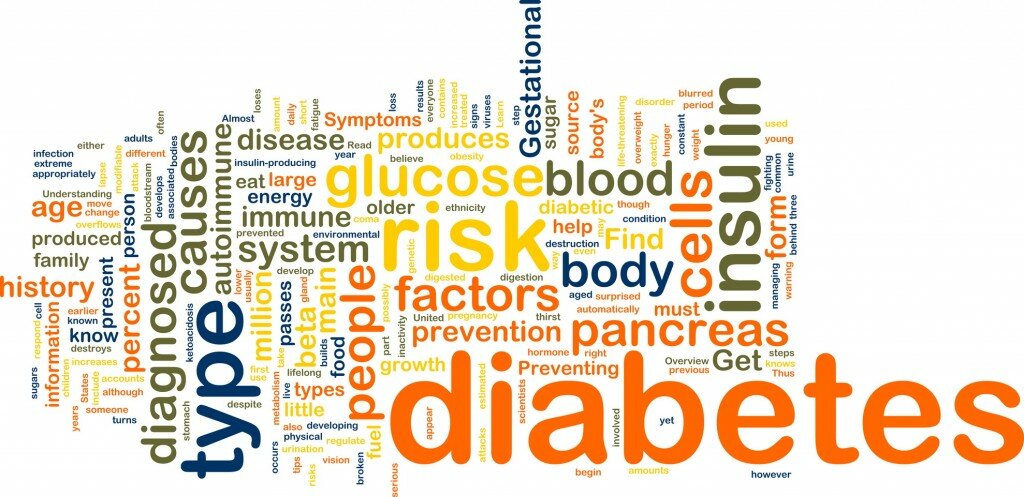Diabetes Discrimination Felt Worldwide
BARCELONA — Many people living withdiabetes say they experience discrimination because of their disease, but the reports of discrimination vary greatly among different nationalities, researchers reported here.
About 10% of patients in the United States believe that people discriminate against them because they have diabetes — the lowest level among the 17 nations surveyed, said Johan Wens, MD, professor of general practice medicine at theUniversity of Antwerp, Belgium.
The responses from the U.S. patients was markedly different from that of patients living in Algeria, where 31% of people living with diabetes said they experienced disease-related discrimination.
“These individuals were specifically asked if they felt they were being discriminated against because they had diabetes,” Wens told MedPage Today during a poster presentation discussion session at the annual meeting of the European Association for the Study of Diabetes.
Researchers in North American, Europe, Asia and Africa asked 500 people in each of the nations — 80 with Type 1 diabetes and 420 with Type 2 diabetes — a series of questions as part of the wide-ranging DAWN2 (Diabetes Attitudes Wishes and Needs) study. Overall, 1368 persons with Type 1 diabetes and 7228 people with Type 2 diabetes participated and answered questions about perceived discrimination.
Participants with type I diabetes were more likely to believe they were being discriminated against, Wens said. He said 31% of those in the Type 1 cohort said they felt discrimination because they were diabetic compared with 17% of those with Type 2 diabetes (P<0.0001).
People with Type 1 diabetes were also more likely to agree with this statement: “Major improvement is needed in acceptance of people with diabetes as equal members of society,” 43% versus 35% of those with Type 2 diabetes (P<0.0001).
However, Wens said that more people with Type 2 diabetes were more likely to report workplace problems — about 48% of the Type 2 diabetics cited a need for more support at work compared with 33% of the Type 1 diabetics (P<0.001).
He also said that 52% of the Type 2 diabetics thought that people in the community were not supportive of people with diabetes, but just 44% of the Type 1 diabetes patients held that belief (P<0.001).
“This is among the first studies that have been done looking at discrimination due to diabetes,” Norbert Hermanns, PhD, professor of psychology at the University of Bamberg, Germany, told MedPage Today. Hermanns moderated the poster discussion walk where data on discrimination was presented, but was not involved in the study.
“It is interesting that the lowest rate of discrimination is in the United States,” he said, “which may indicate a reflection of laws against discrimination and the presence of powerful patient advocate groups.”
By country, the estimated percentage of diabetes patients who said they experienced discrimination ranged from a low of 10% in the U.S. to 31% in Algeria, with a median of 18.5% for the 17 nations surveyed.
Hermanns suggested that higher rates in countries such as India (30%) and Algeria might reflect poorer overall health care which might manifest itself in diabetics with major complications such as amputations and blindness.
Pin It










 Follow Us on Twitter
Follow Us on Twitter Be Our Fan on Facebook
Be Our Fan on Facebook









